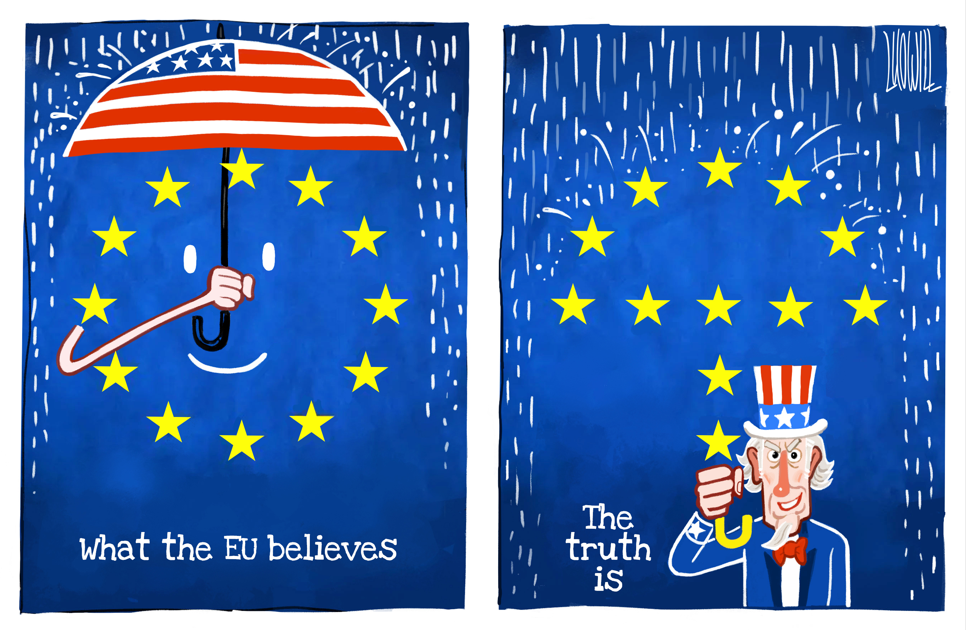
Stephen Holmes, Professor at New York University School of Law, Berlin Prize Fellow at American Academy in Berlin
Feb 05, 2026
By threatening to seize Greenland by force, US President Donald Trump has exposed the childlike illusions of his European admirers. Having spent years cultivating their bromances with him, the continent’s right-wing populists – the United Kingdom’s Nigel Farage, Jordan Bardella in France, Alice Weidel in Germany, Italy’s Matteo Salvini, Robert Fico in Slovakia, Hungary’s Viktor Orbán, and Mateusz Morawiecki in Poland – imagined themselves fellow travelers in a revolt against liberal internationalism. Now their idol and patron has been threatening to swallow whole or in part (if the supposed “deal” he has announced comes about) the sovereign territory of a European ally.
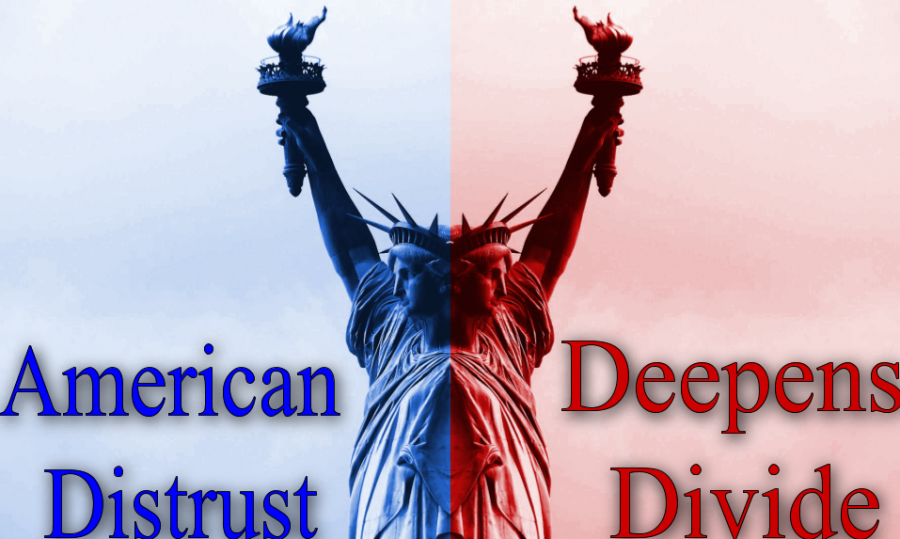
Li Yan, Director of President's Office, China Institutes of Contemporary International Relations
Feb 05, 2026
Partisan polarization, electoral pressures and factional strife function together, driving Trump to take a tough stance abroad as his main tool in his political gamesmanship.
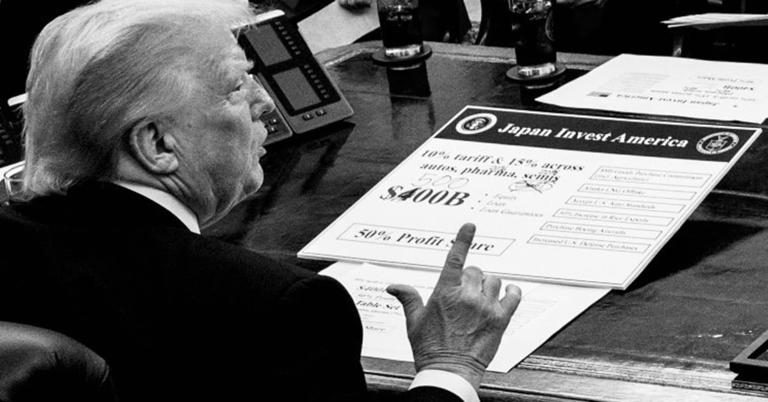
Ghulam Ali, PhD, Monash University, Australia
Jan 30, 2026
By January 2026, the first year of the second four-year—and constitutionally final—term of U.S. President Donald Trump was complete. This initial quarter of his tenure has jolted the world, unnerving the global community on economic, trade, and security matters while weakening the post-war international order. The resulting shocks reverberate across the international system, amplified by the scale of U.S. power and global entanglement. This disruption is unfolding in real time.
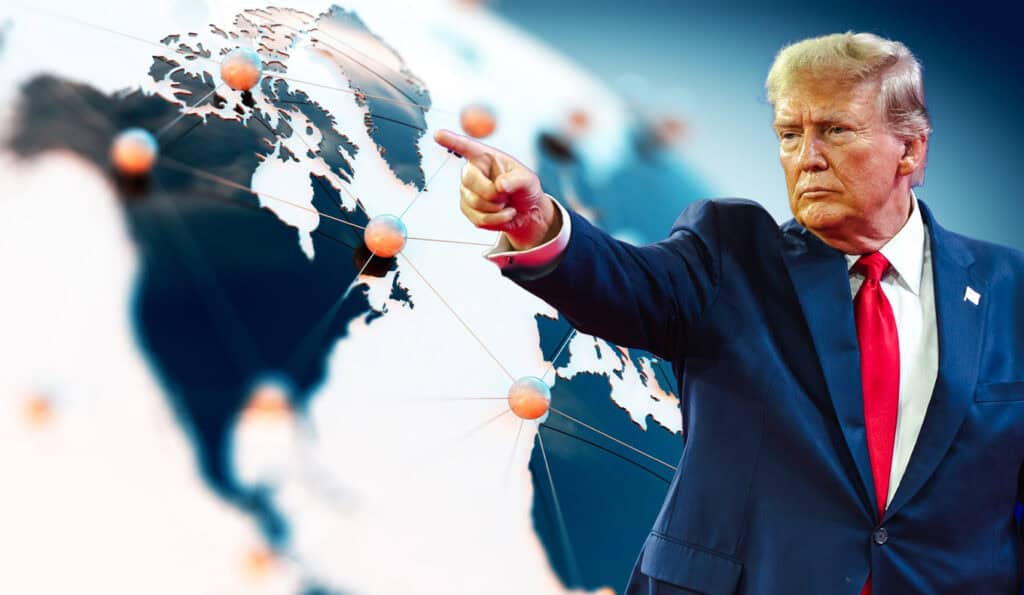
Han Liqun, Researcher, China Institutes of Contemporary International Relations
Jan 23, 2026
Over the past year, territorial expansion, military intervention, economic coercion, resource plundering and withdrawal from international agreements have become hallmarks of Donald Trump's imperialism. He is expected to continue to pursue more in the days to come.
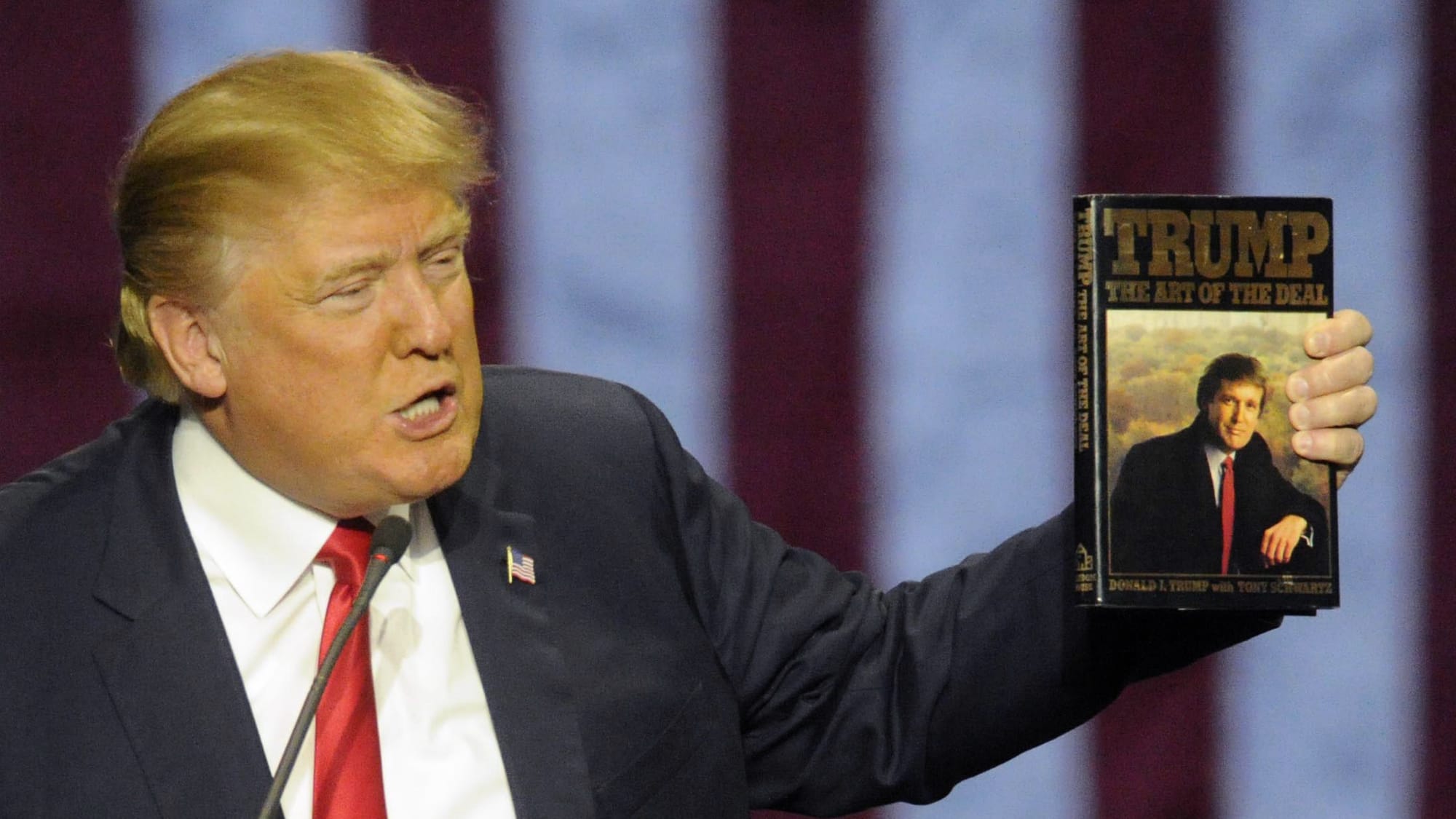
Sebastian Contin Trillo-Figueroa, Geopolitics Analyst in EU-Asia Relations and AsiaGlobal Fellow, The University of Hong Kong
Jan 13, 2026
The Trump administration has merged state authority with private interests, treating political power as a monetizable platform rather than a system of public governance. From Beijing’s perspective, this validates China’s pragmatic approach to legitimacy and positions the U.S. as a conglomerate of private interests rather than a traditional state.
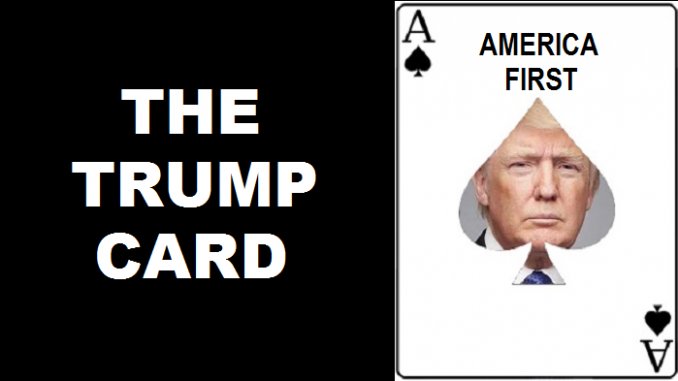
Li Yan, Director of President's Office, China Institutes of Contemporary International Relations
Nov 05, 2025
Maximum pressure, transactional thinking and an emphasis on spheres of influence all define Donald Trump’s approach to diplomacy and give concrete form to his “America first” ideology. In a world undergoing turbulent change, the impact and destructive effect of this approach demand vigilance.
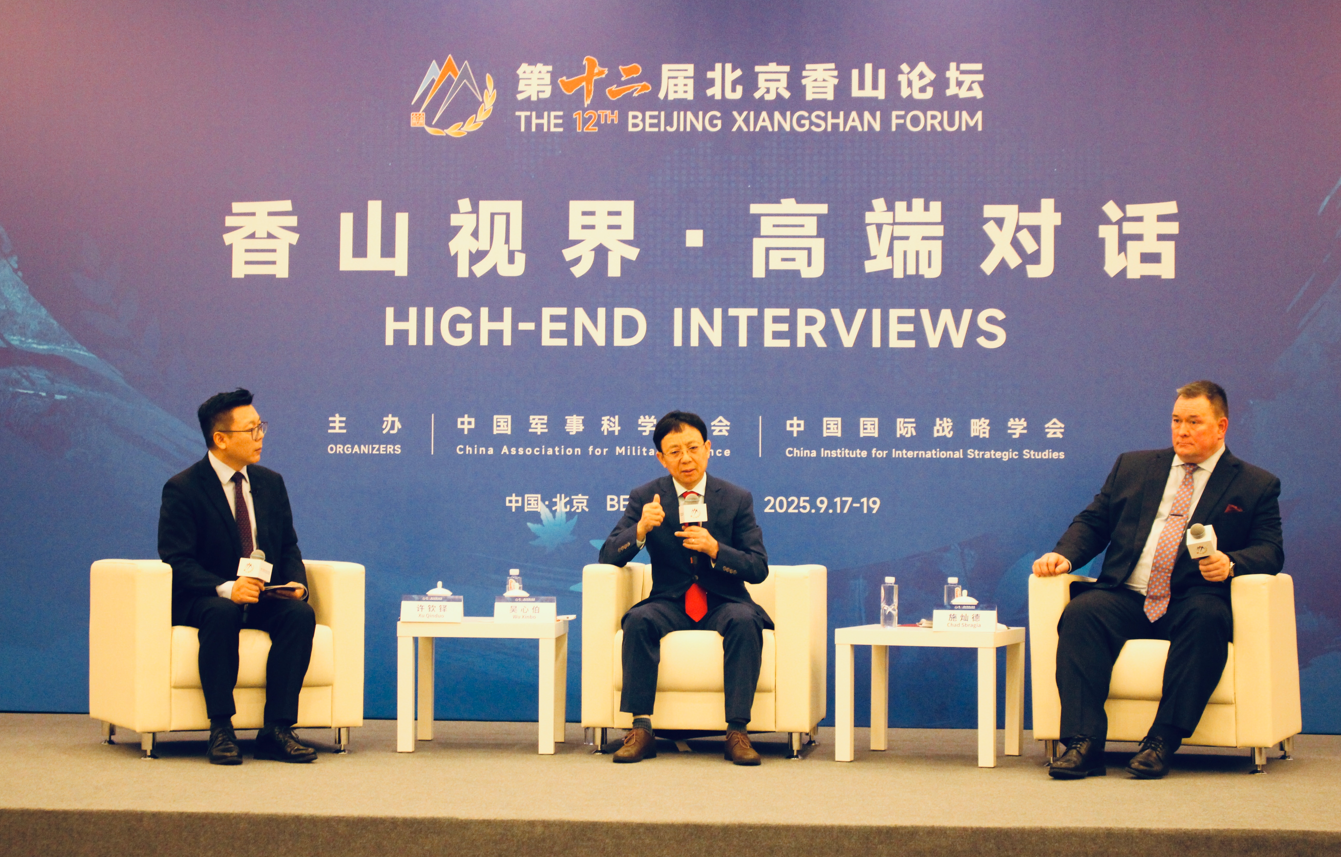
Oct 24, 2025
The 12th Beijing Xiangshan Forum was held at the Beijing International Convention Center Sept. 18-19. Professor Wu Xinbo, dean of the Institute of International Studies at Fudan University, spoke with China-US Focus editor Huang Zhijin and assessed the trajectory of Trump 2.0’s China policy. The transcript below has been edited for clarity.
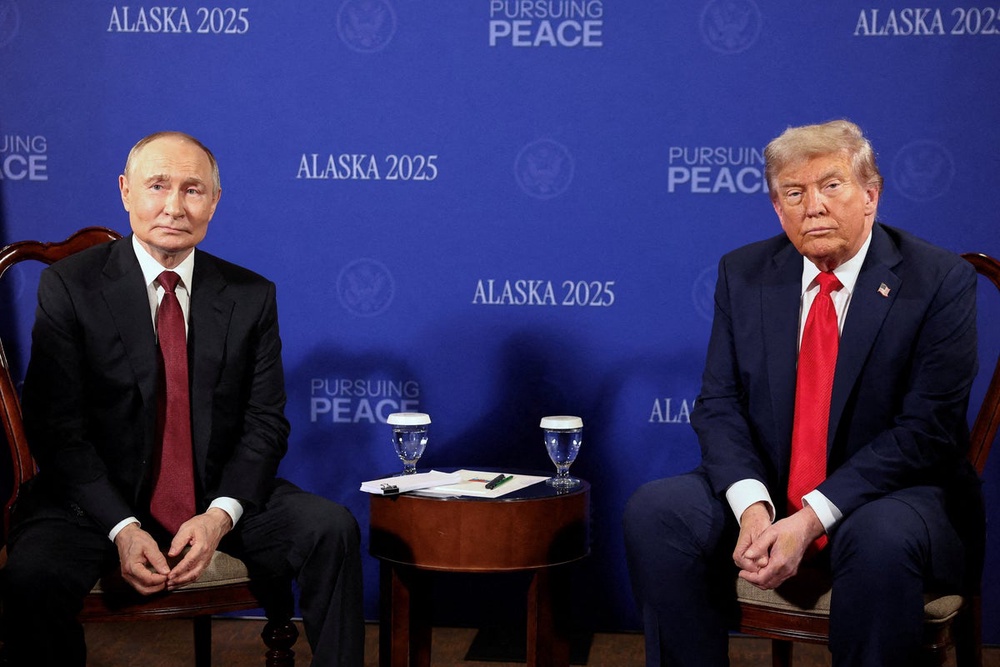
Sujit Kumar Datta, Former Chairman of Department of International Relations, University of Chittagong, Bangladesh
Aug 26, 2025
The legacy of Donald Trump may endure if only because he triggered a new global order through the law of unintended consequences. He has set in motion a major power shift in which China — aligning with India, Russia and key trade blocs — will become the global captain over the next 10 to 20 years.

Han Liqun, Researcher, China Institutes of Contemporary International Relations
Aug 22, 2025
The logic underpinning the U.S. president’s approach to war and peace looks at international conflicts as being subject to transactional pricing mechanisms. In the short run, this strategy can yield results, but its long-term sustainability remains deeply uncertain.
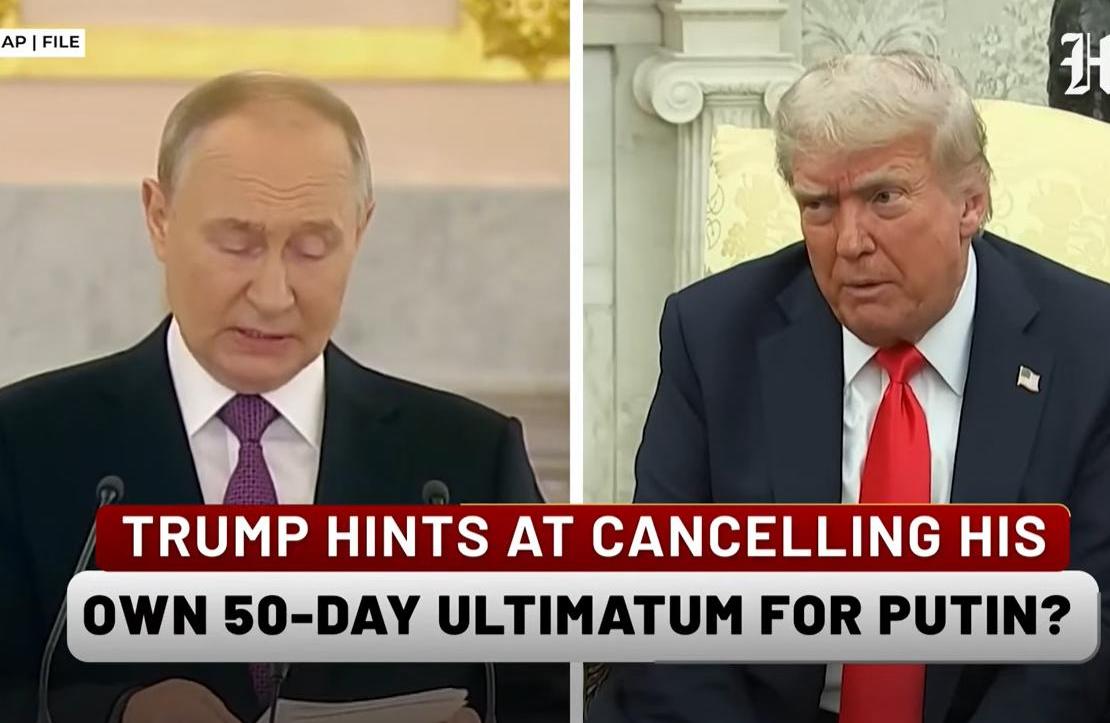
Xiao Bin, Deputy Secretary-general, Center for Shanghai Cooperation Organization Studies, Chinese Association of Social Sciences
Jul 25, 2025
Second round of Trump-Putin engagement incorporates elements of strategic deterrence but has failed to resolve the conflict. That’s because the war reflects a deeper struggle over institutions, grand strategy and competing value systems.
Back to Top

- China-US Focus builds trust and understanding between the U.S. and China through open dialogue among thought leaders.
- Our Offerings
- Topics
- Videos
- Podcasts
- Columnists
- Research Reports
- Focus Digest
- Stay Connected
-
Thanks for signing up!
- Get the latest stories from China-US Focus weekly.